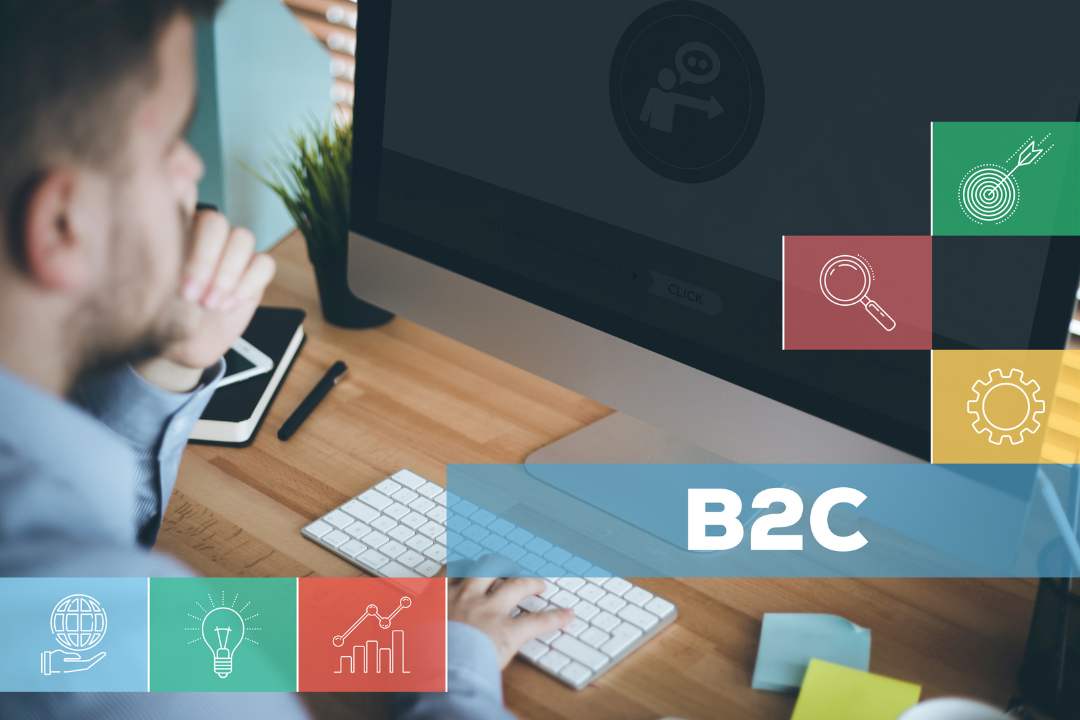Netflix hit record numbers in 2024, with revenues topping $9.825 billion in the third quarter, marking a 15 per cent increase year-on-year. In addition, the company added five million new subscribers, bringing its global user base to 282.72 million users, and posted profits of $2.364 billion, up 41 per cent year-on-year in 2023. (Source: eShow Magazine).
These results not only highlight Netflix’s ability to innovate, but also offer valuable lessons for B2B companies operating in the e-commerce and ERP sectors. Below, we explore how to adapt these strategies to a B2B model.
Diversification and innovation: the keys to Netflix’s success
Netflix has shown that adapting to market needs is critical to maintaining its leadership. Some of the most prominent strategies include:
1. Subscription plans with advertising
The introduction of more affordable, ad-supported plans allowed Netflix to attract a segment of users looking for affordable options. This not only broadened its customer base, but also diversified its revenue streams. (Source: El País – Cinco Días)
2. Customised international expansion
The company has adapted its content and marketing strategies to local preferences in key markets such as Asia and Latin America, which significantly boosted subscriber numbers. (Source: eShow Magazine)
3. Original content production
The success of exclusive titles remains a key pillar of differentiation from the competition. High-impact series and movies have led to increased user loyalty.
Implications for B2B companies in e-commerce and ERP
The strategies employed by Netflix can inspire B2B companies to improve their operations and strengthen their competitiveness in the market. Here are some key learnings:
1. Personalisation of the offer
Just as Netflix uses algorithms to recommend content, B2B companies can implement analytics tools on their e-commerce platforms to personalise the shopping experience to their customers’ needs.
Example:
An ERP connected to e-commerce can identify buying patterns and suggest additional products or services to optimise your customers’ operations.
2. Diversification of the revenue model
Offering scalable subscription plans, as Netflix does, allows B2B companies to cater to different types of customers, from small businesses to large corporations.
Keys to success:
- Design packages with specific functionalities for each segment.
- Offer trial options or ‘freemium’ models to attract new customers.
3. Use of real-time data
Netflix bases much of its success on advanced analytics to understand its users. B2B companies can implement ERP systems that analyse real-time data on inventory, sales performance and demand patterns.
Benefits:
- Quick adjustments in pricing or marketing strategies.
- Optimisation of logistical resources to avoid bottlenecks.










